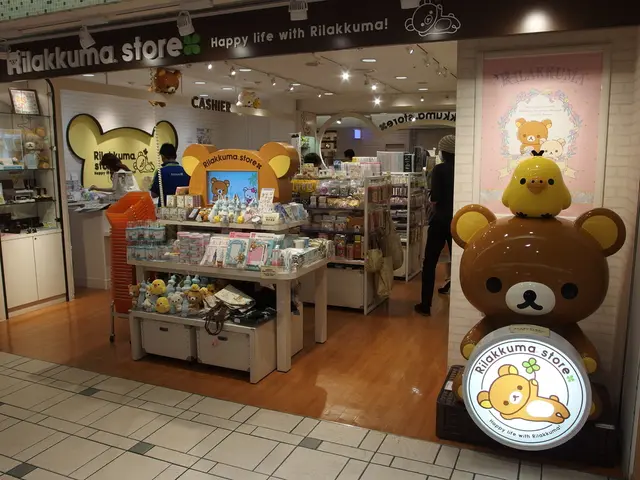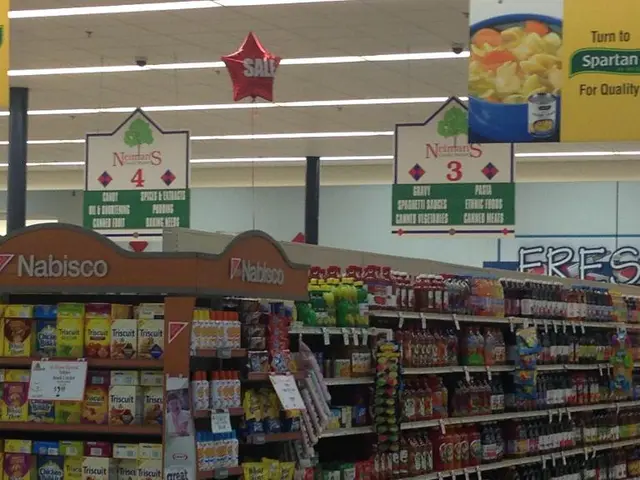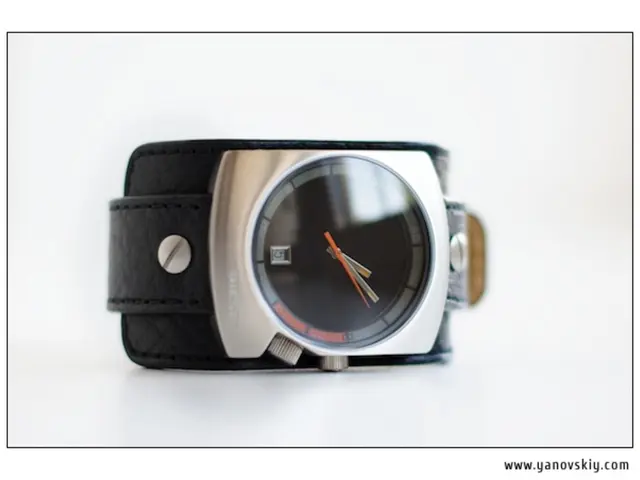Retail's Resurgence on Laugavegur: Showcasing Adaptability in the Face of Challenge
A Changing Scene on Laugavegur
Laugavegur, once crowded with tourists, now bears the evident impact of the pandemic. Empty stores with "For Lease" signs and missed Foreign travelers tell the tale. Last month, a city survey revealed that about 14% of retail properties on this iconic street were vacant, with businesses heavily dependent on tourists suffering the most.
But there's more to the story than meets the eye. Resourceful locals have seized the opportunity to introduce innovative ventures, stepping into the void left by the tourist influx.
One such enterprise is Anna de Matos' Tool Library, a project that allows people to borrow tools and items of camping gear. Previously hidden away in a Grandi industrial basement, the library has now found a prime spot in the heart of tourist-ville, on Laugavegur.
Sæunn Ósk Unnsteinsdóttir, a project manager working with Reykjavík's mayor, has a comprehensive understanding of retail operations on Laugavegur. She acknowledges the hardship faced by local businesses but also highlights success stories like Hjarta Reykjavíkur – a design and craft boutique that once catered to tourists. With the absence of foreign visitors, the shop expanded its offerings to include jigsaw puzzles and a gallery, seizing the opportunity to grow during the tourism lull.
Other resident-focused businesses have also expanded their premises, including Aftur, a designer of recycled clothing, Kron, a shoe store, and Kokka, a culinary equipment specialist.
As for art, performance is taking center stage on Laugavegur, with local artists filling the void created by the shrinking tourist industry. Rósa Birgitta Ísfeld, a Reykjavík musician, launched "Counting in Tunes," a musical advent calendar event, featuring local musicians performing free shows every day from December 1st to the 23rd.
Support for innovative creativity in pandemic-stricken Reykjavík comes from Geoffrey Thor Huntingdon-Williams, manager of Prikið Kaffihús. His project, "Creative Life In Lockdown," offers assistance to initiatives aimed at steering the city away from pandemic paralysis.
One such inclusion is a new social project at Laugavegur 2, previously occupied by an Icelandic street-food business popular with tourists. Keen to promote community engagement, a swap shop concept will be introduced in January, allowing folks to exchange clothing in the small space.
In conclusion, a combination of individual vision and civic cooperation is guiding Laugavegur through the Covid storm, leading the street towards new, creative horizons. Anna de Matos, the Tool Library's founder, believes that while Covid-19 may not have "helped" exactly, it has definitely nudged Laugavegur in the right direction.
- Tourism-dependent businesses on Laugavegur are facing hardship due to the pandemic, with about 14% of retail properties vacant.
- Innovative ventures are stepping into the void left by the tourist influx, such as Anna de Matos' Tool Library, which has found a prime spot on Laugavegur.
- Local businesses, like Hjarta Reykjavikur, are adapting to the absence of foreign visitors, expanding their offerings and seizing opportunities for growth.
- Artistic performances are taking center stage on Laugavegur, with local artists filling the void created by the shrinking tourist industry.
- Support for innovative creativity in Reykjavik comes from initiatives like Geoffrey Thor Huntingdon-Williams' "Creative Life In Lockdown," offering assistance to projects aiming to steer the city away from pandemic paralysis.







